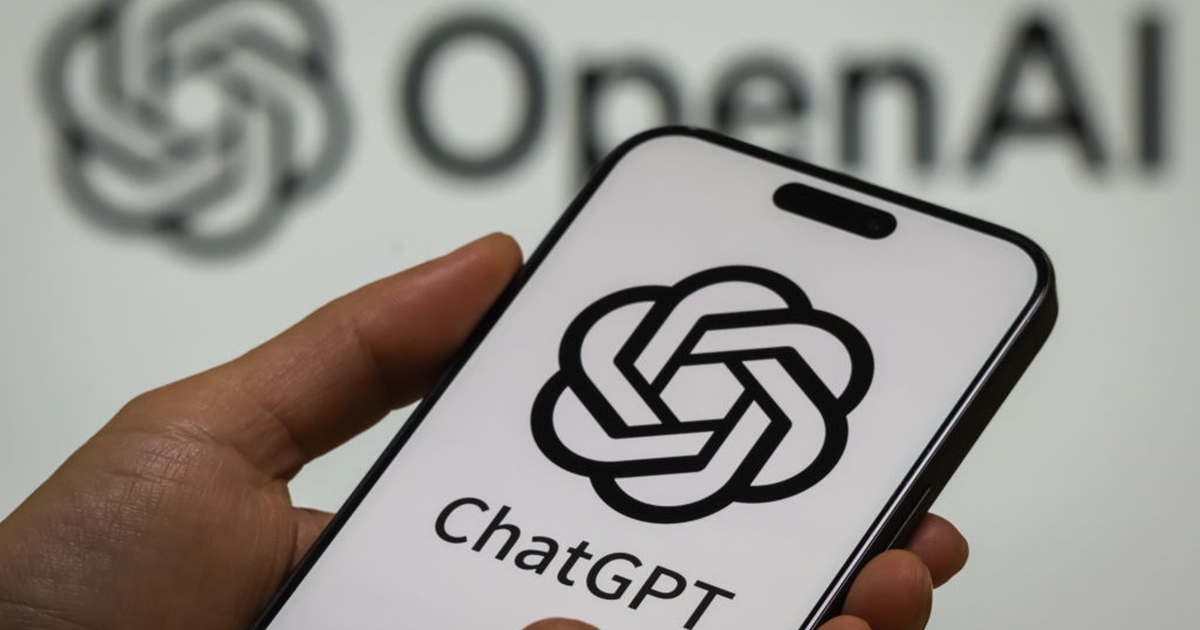Key Takeaways
- OpenAI plans to launch its web browser soon, integrating AI features directly into the browsing experience.
- The new browser aims to compete with Google Chrome, offering alternatives for user data privacy and convenience.
- OpenAI’s recent acquisition of an AI devices startup signals a broader ambition to enhance its services across various platforms.
OpenAI’s Web Browser on the Horizon
OpenAI is preparing to release its first web browser, posing a potential challenge to Google Chrome’s dominance. Set to debut in the coming weeks, the browser aims to revolutionize internet browsing by embedding artificial intelligence into its core functionalities. By integrating ChatGPT-like capabilities and an Operator AI agent, the browser would assist users with tasks such as making reservations or filling out forms.
This strategic shift positions OpenAI to gain direct access to user browsing data, a significant factor in Google’s advertising success. With Chrome currently serving over three billion users worldwide, this development could reshape the competitive landscape. Jake Moore, a cybersecurity advisor at ESET, raised concerns about data privacy, noting that while people worry about OpenAI’s data collection practices, Google has historically amassed vast amounts of personal data for advertising purposes.
Moore emphasized the importance of understanding data privacy settings when using the new browser, suggesting users might need to balance convenience with the potential trade-offs regarding personal data sharing. The introduction of OpenAI’s browser follows the company’s recent $6.5 billion acquisition of io, an AI devices startup co-founded by Apple’s former design chief, Jony Ive, indicating a commitment to extending its influence in both work and personal environments.
OpenAI’s browser will join an increasingly competitive market, especially with the recent launch of the Comet browser by AI startup Perplexity. Ben Gibson, U.K. CEO of digital marketing firm Labelium, remarked that the emergence of AI-based alternatives is threatening Google’s market hold, traditionally upheld by speed, precision, and extensive user data.
As new AI-native competitors continue to gain traction, the landscape for web browsing is becoming more dynamic. Gibson noted this moment as critical, questioning the timing of regulatory actions by the Competition and Markets Authority (CMA) that designated Google as having strategic market status. He suggested that it would be better to observe how the evolving competition plays out in the industry.
OpenAI’s forthcoming browser is poised not only to enhance the web browsing experience through AI integration but also to challenge the existing power dynamics centered around user data. As consumers become more aware of data privacy implications, the introduction of alternatives like OpenAI and Perplexity is likely to spark new conversations about data sharing and user agency in the digital space.
The content above is a summary. For more details, see the source article.















